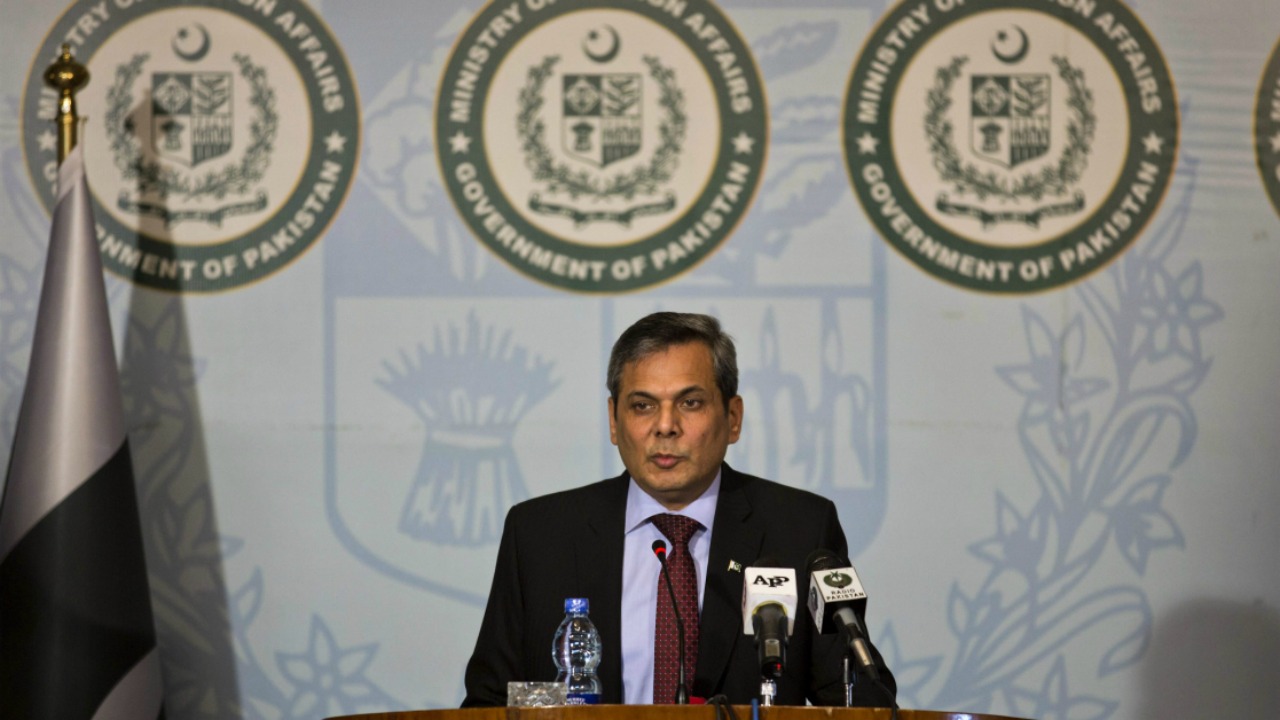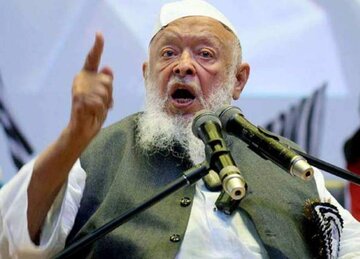Pakistani Foreign Office Spokesperson Nafees Zakaria, in a statement on Thursday, said the "Muslim Ummah is worried about the human rights violations in Kashmir by Indian forces."
"The secretary general of the Organisation of Islamic Cooperation has also denounced atrocities in Kashmir," Zakaria was quoted as saying
Imam Khamenei on Monday urged Iran's country's judiciary to extend support to the oppressed Muslims of Kashmir.
Imam Khamenei made the call in Tehran on Monday at a meeting with Judiciary Chief Ayatollah Sadeq Amoli Larijani and other senior judiciary officials.
Urging the officials at the Judiciary branch to pursue international incidents,Imam Khamenei asserted: "The Judiciary branch should legally intervene in issues, such as sanctions, confiscations by the US, and terrorism; furthermore, they should support oppressed figures and people of the world, like Sheikh Ibrahim Zakzaky, and the Muslims in Myanmar and Kashmir, firmly declaring support or opposition.”
2017 marks seventy years since the Kashmir territorial conflict started between India and Pakistan in 1947 after British colonialists were purged from the region.
Kashmir which is located in the Himalayan region lies at the epicenter of an apparent territorial dispute between New Delhi and Islamabad with both countries claiming full sovereignty over the area, but ruling parts of it. However, the conflict in Indian-controlled Kashmir is basically a struggle for self-determination with residents of the region demanding a plebiscite while India rejects the call. The partition of British colonial India into the dominion states of India and Pakistan in 1947 led to the emergence of the Kashmir conflict.
/106





